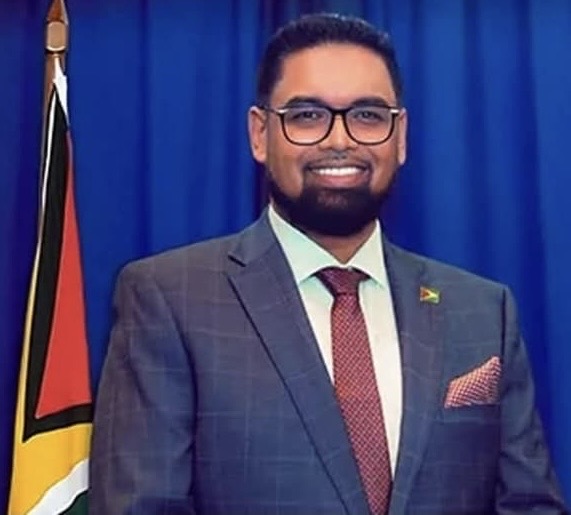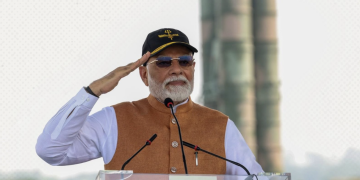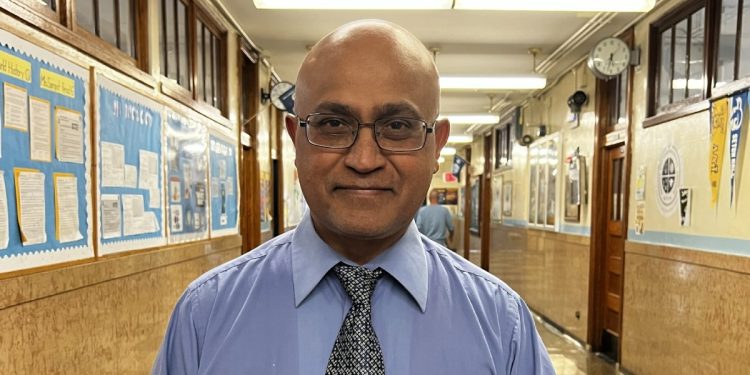Several commentaries and even editorials in Guyana papers contend there was “the politicization of the appointment” of (High Court and Court of Appeal) judges by President Ali. They criticize President Ali’s recent appointment of Acting Chancellor Roxane George-Wiltshire and Acting Chief Justice Navindra Singh (a promotion) and “the forced retirement” of Acting Chancellor Yonette Cummings-Edwards who went on two months vacation and whose position was not restored after she returned from leave. Not unknown for rendering controversial, un-enlightened judgments including that 34 is not a majority of 65, Edwards decided to retire with all benefits that come from the office. The fact that Edwards decided to retire made the issue or criticism moot; critics don’t have a case. In addition, the way President Ali appointed the Acting Chancellor and Acting CJ to fill vacancies is not much different from his predecessor President David Granger. The criticism that the appointment was politicized does not hold water.They don’t stand scrutiny.
The appointment of judges in virtually every country, including USA, perhaps with the exception of UK, Australia, New Zealand and a few European countries, is “politicized”. In the Caribbean, appointment of judges is politicized except perhaps for Jamaica. In the USA, federal judges (Supreme Court judges) are appointed (nominated) by the President with majority confirmation (51) from the Senate. Republican President tends to appoint Judges who are Republican. Ditto Democratic Presidents! The American Senate holds the power of confirmation in what is known as separation of powers from the President. In Guyana, a judicial commission makes recommendation on appointment of judges and magistrates. The commission recommends a Chancellor and CJ. The President appoints both, from recommendation of the commission, after agreement of the Opposition Leader. The President and Opp. Leader rarely agreed on appointments. The President is empowered to make temporary (Acting) appointments. Hence the appointment of Wiltshire and Singh as Acting Chancellor and Acting CJ respectively!
While ‘politicization’ of appointment of judges should be of concern to critics and the public at large, the politicization of judgment should be of greater concern to the nation. Almost all judges were known to make some very poor uninformed, unintelligent, (politicized) decisions including the ones on the appointment of Patterson as GECOM Chair and the no confidence motion and election related matters. Prior to the establishment of the CCJ, the courts made many bad rulings that could not be challenged during the dictatorship; judicial rulings were largely politicized. The abolishment of the Privy Council in 1969 as final court of appeal ended politically neutral, creative, sound, and intelligent judgments. The establishment of the CCJ and Guyana’s acceptance of it as its final court has given Guyanese an institution for a level playing field in the administration of justice. The CCJ has provided another layer of fairness and justice rather than the local court. The CCJ, with judges from several countries, is not as politicized as local courts and make politically neutral rulings. Rulings are more enlightened than from local judges and the appeal court. The CCJ overturned several bad decisions from Guyana’s appeal court including those from the no-confidence motion and the appointment of GECOM Chair.
Thus, the concern expressed by critics of Ali’s judicial appointments, of rulings being ‘politicized’ is not justified. If the CJ, the Chancellor, and the Appeal Court judges were to render terrible judgments, as happened, these can be overturned on appeal if the CCJ is not in agreement. The CCJ rulings embarrassed some judges. Guyanese judges have to take cognizance of the fact that their decisions could be very embarrassing if appealed all the way to the CCJ. It is most unfortunate that CCJ’s rulings cannot be appealed to the Privy Council where the law lords have been known to render most enlightened rulings. The reversal rate of Privy Council judgments of rulings from Trinidad and Tobago Appeal Court is relatively high. This explains why Trinis have greater faith in justice from the Privy Council than the CCJ. The same holds true of most of the CARICOM nations. Caribbean lawyers have greater faith in the neutral Law Lords in England than politically aligned local judges.

































































